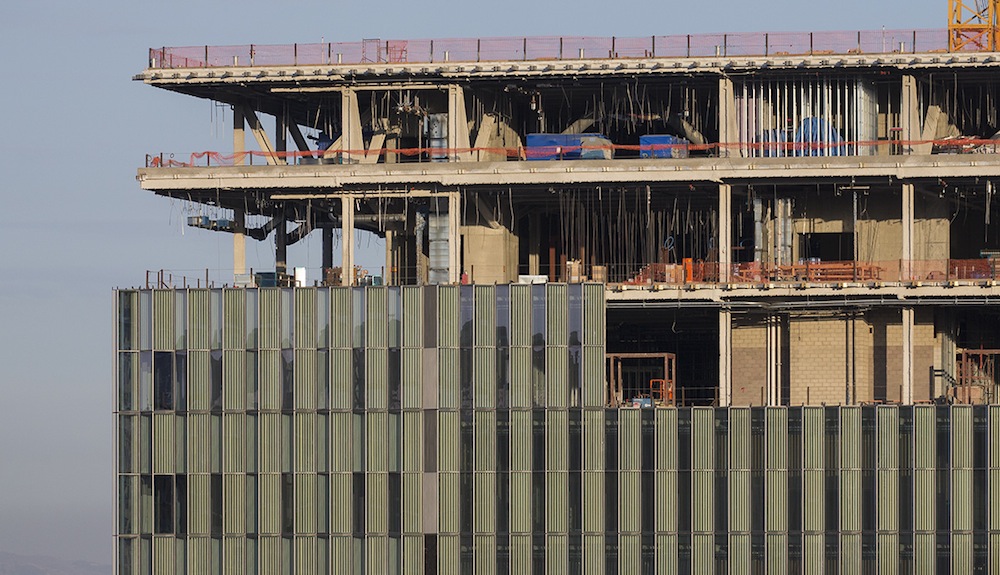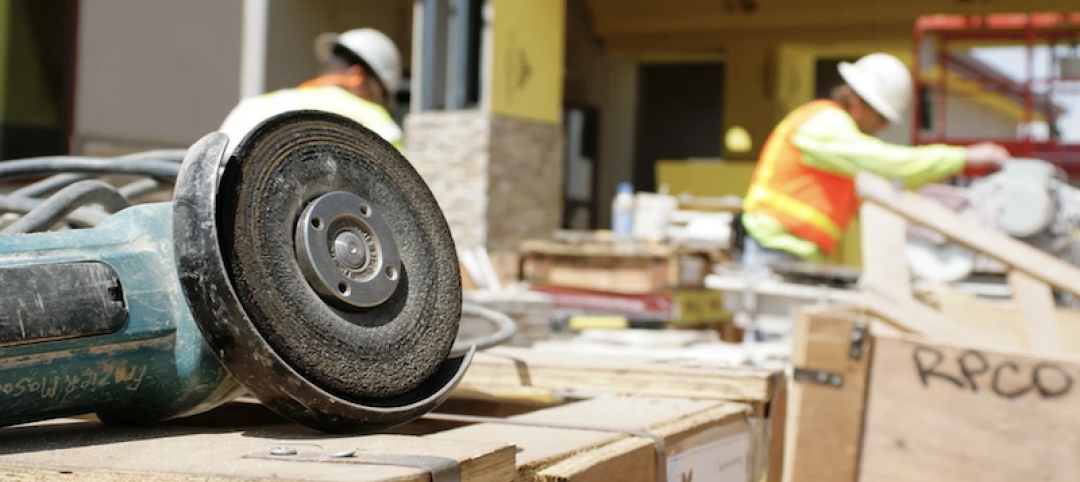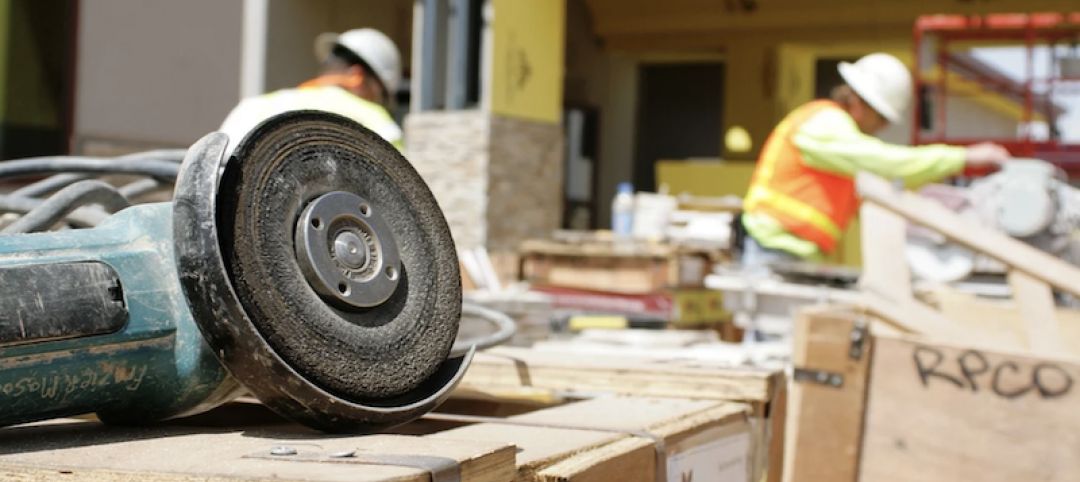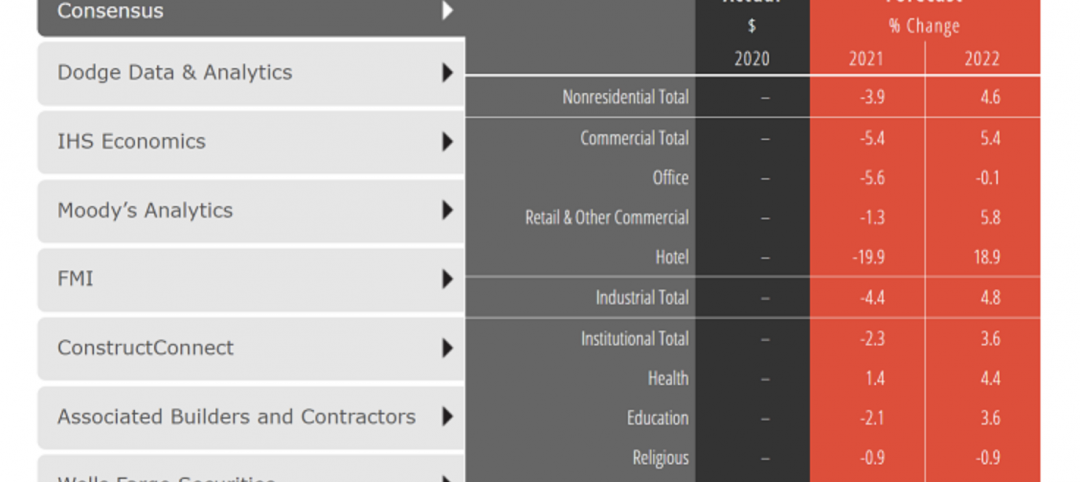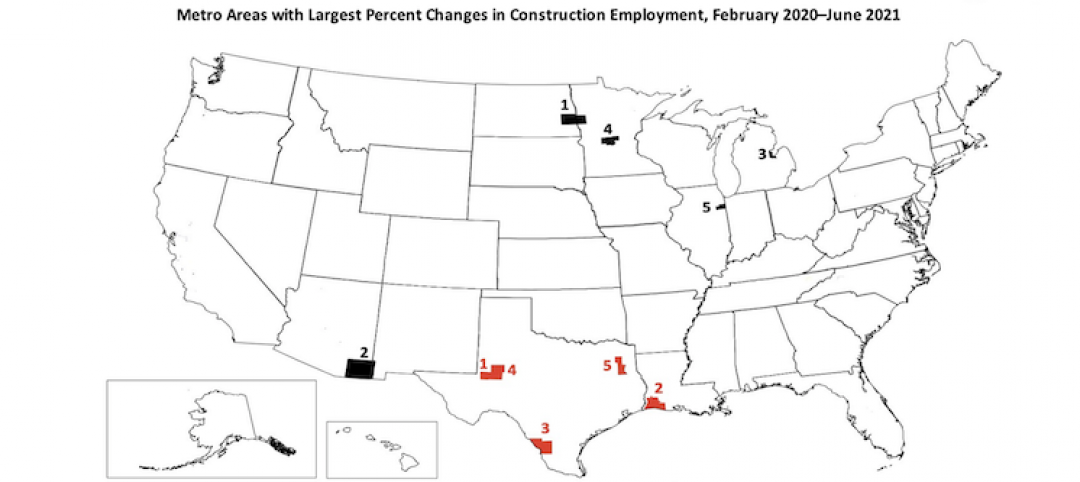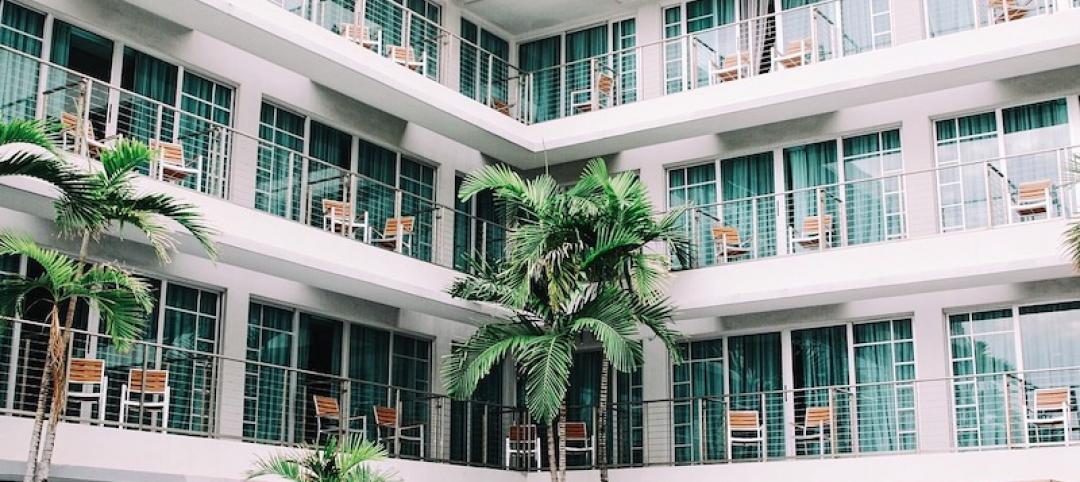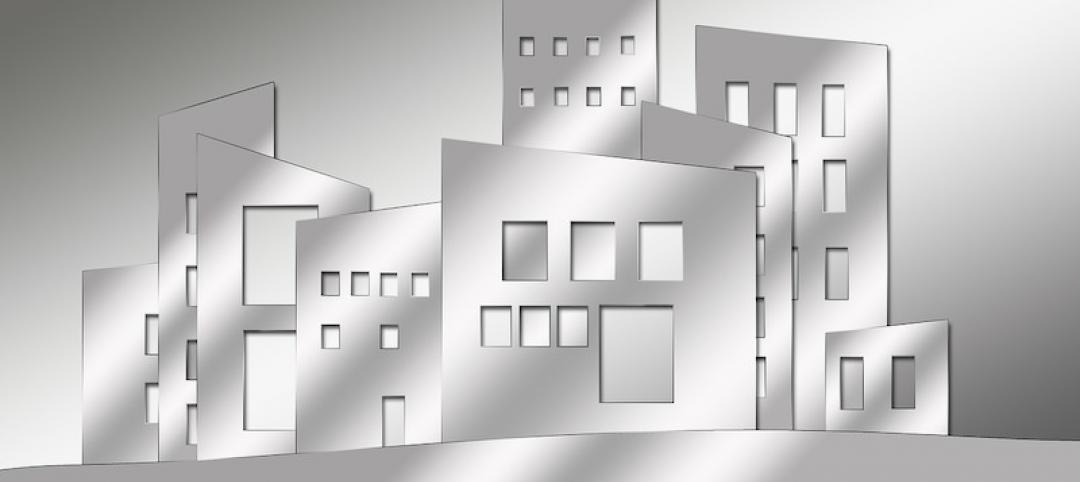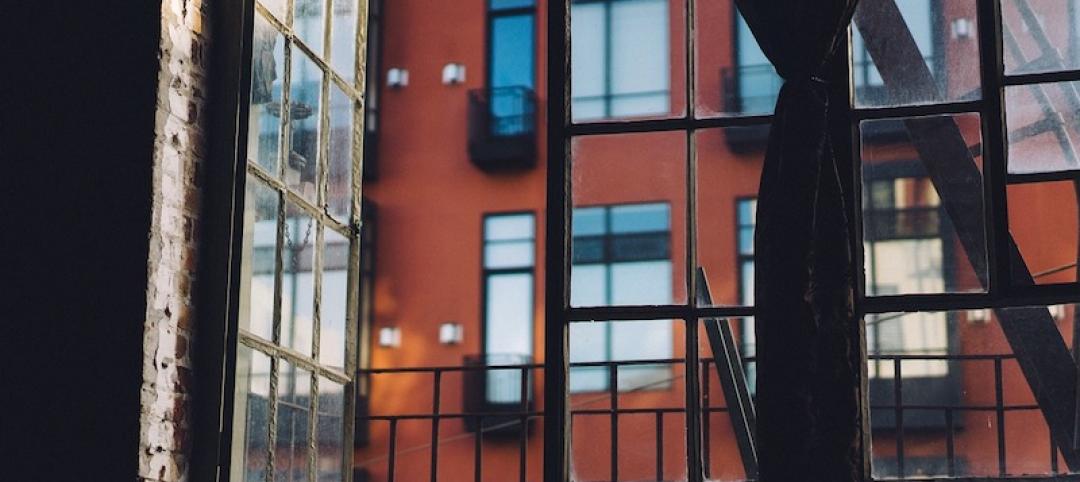Leopardo released its 2016 Construction Economics Report and Outlook, a guide to help business leaders, healthcare administrators and government decision-makers understand the factors that impact construction costs.
This year’s report shows that 2015 was a turning point for commercial real estate construction, as spending reached the highest level since the Great Recession and even the pace of growth accelerated more than in previous years.
By the end of 2015, total spending on U.S. construction grew 10.5% to $1.1 trillion, the largest year-over-year gain since 2007. The most dynamic growth was in the private sector, where construction spending expanded 12.3%, compared to just 5.6% growth in public-sector projects.
"With a steadily growing economy, low national vacancy rates and historically low interest rates, companies are seeing this period as the right time to expand or relocate their facilities to accommodate growth,” said Jim Leopardo, CEO of Leopardo. “We’re seeing healthy construction volume of nearly every property type, both nationally and in the Chicago area.”
Key findings in the report include:
- Multifamily construction has grown by 29.4% annually since 2011, driven by a movement of renters by choice in urban work-live-play areas. In the same period, single-family home construction increased 14.8% annually.
- Office construction spending grew by 22% in 2014, driven by job growth in the tech sector. This growth spurt is expected to scale back to an average 5.9% annual growth rate through 2019.
- Construction jobs grew 7.8% in the Chicago area, outpacing the national average of 4.2% in 2015. In 2014, Chicago’s 3.2% construction job growth lagged the national average of 5.7%.
Related Stories
Market Data | Aug 12, 2021
Steep rise in producer prices for construction materials and services continues in July.
The producer price index for new nonresidential construction rose 4.4% over the past 12 months.
Market Data | Aug 6, 2021
Construction industry adds 11,000 jobs in July
Nonresidential sector trails overall recovery.
Market Data | Aug 2, 2021
Nonresidential construction spending falls again in June
The fall was driven by a big drop in funding for highway and street construction and other public work.
Market Data | Jul 29, 2021
Outlook for construction spending improves with the upturn in the economy
The strongest design sector performers for the remainder of this year are expected to be health care facilities.
Market Data | Jul 29, 2021
Construction employment lags or matches pre-pandemic level in 101 metro areas despite housing boom
Eighty metro areas had lower construction employment in June 2021 than February 2020.
Market Data | Jul 28, 2021
Marriott has the largest construction pipeline of U.S. franchise companies in Q2‘21
472 new hotels with 59,034 rooms opened across the United States during the first half of 2021.
Market Data | Jul 27, 2021
New York leads the U.S. hotel construction pipeline at the close of Q2‘21
Many hotel owners, developers, and management groups have used the operational downtime, caused by COVID-19’s impact on operating performance, as an opportunity to upgrade and renovate their hotels and/or redefine their hotels with a brand conversion.
Market Data | Jul 26, 2021
U.S. construction pipeline continues along the road to recovery
During the first and second quarters of 2021, the U.S. opened 472 new hotels with 59,034 rooms.
Market Data | Jul 21, 2021
Architecture Billings Index robust growth continues
AIA’s Architecture Billings Index (ABI) score for June remained at an elevated level of 57.1.
Market Data | Jul 20, 2021
Multifamily proposal activity maintains sizzling pace in Q2
Condos hit record high as all multifamily properties benefit from recovery.


